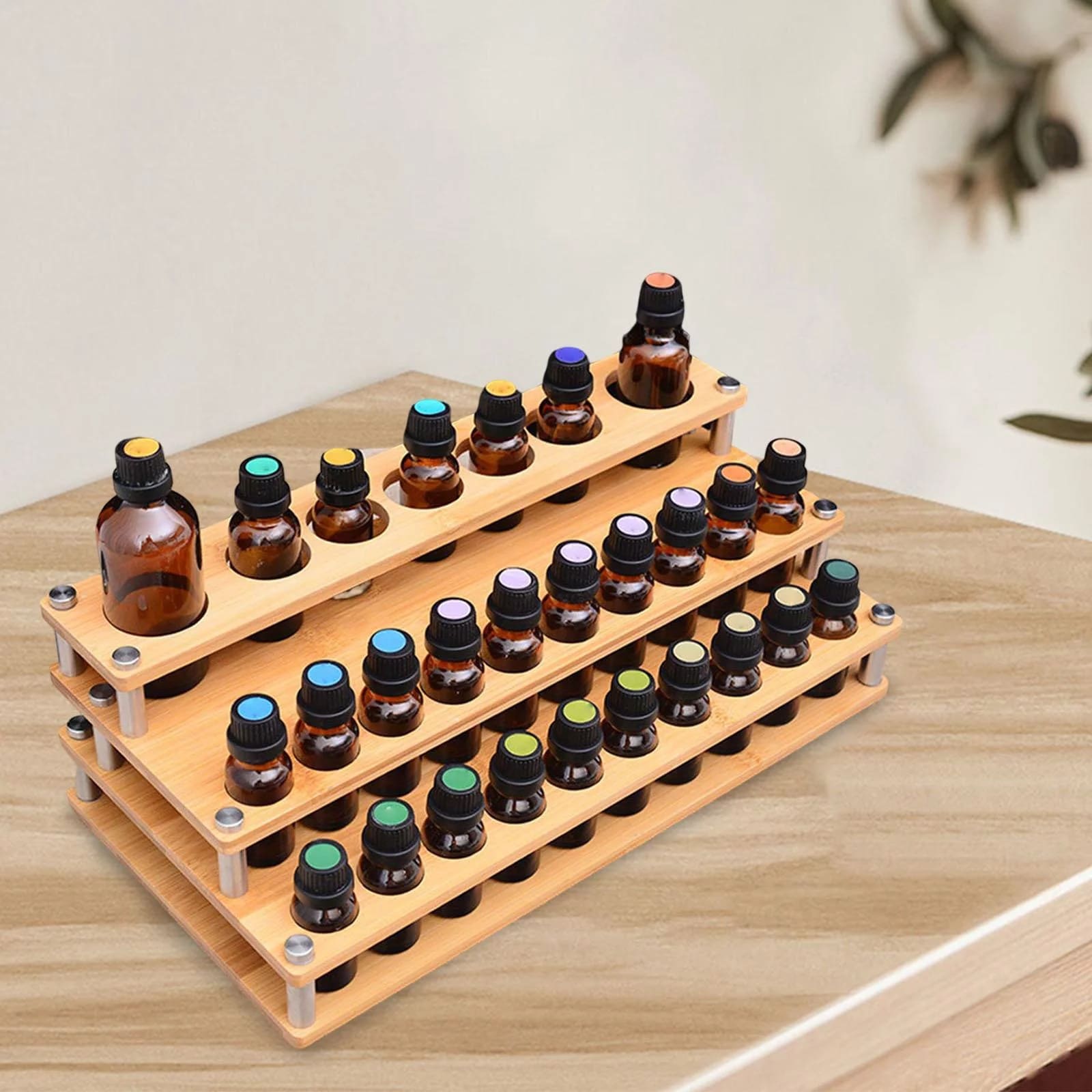

Articles
How To Store Essential Oils
Modified: December 7, 2023
Discover effective ways to store essential oils in this comprehensive collection of articles. Learn the best practices to maintain their potency and quality.
(Many of the links in this article redirect to a specific reviewed product. Your purchase of these products through affiliate links helps to generate commission for Storables.com, at no extra cost. Learn more)
Introduction
Welcome to the world of essential oils! These aromatic extracts from various plants have gained immense popularity for their therapeutic and aromatic benefits. Whether you are a seasoned essential oil enthusiast or just starting out, proper storage is crucial to ensure the longevity and effectiveness of these precious oils.
When stored correctly, essential oils can maintain their potency and aromatic qualities for years, allowing you to enjoy their therapeutic benefits whenever you need them. In this article, we will explore the essential factors to consider when storing your oils, and provide you with valuable tips and best practices to ensure their longevity.
Proper storage not only preserves the aroma and therapeutic properties of essential oils but also ensures safety. Some oils are highly volatile and flammable, so it is important to handle and store them with care.
By understanding the importance of proper storage and following the best practices, you can ensure that your essential oils remain fresh, potent, and ready to use whenever you need them.
Now, let us dive deeper into the world of essential oils and explore the factors to consider when storing these precious extracts.
Key Takeaways:
- Proper storage of essential oils is crucial for maintaining their potency and therapeutic benefits. Factors such as temperature, light, air exposure, and container choice play a significant role in preserving the quality of the oils.
- Choosing the right storage containers, proper labeling, and following best practices are essential for maximizing the shelf life and effectiveness of essential oils. Avoiding common mistakes and understanding the factors that impact oil quality are key to ensuring long-lasting benefits.
Understanding Essential Oils
Before delving into the process of storing essential oils, it is essential to have a basic understanding of what they are and how they are made.
Essential oils are highly concentrated plant extracts derived from various parts of plants such as leaves, flowers, stems, bark, and roots. They are obtained through processes like steam distillation, cold pressing, or solvent extraction.
These oils contain the natural aromatic compounds and therapeutic properties of the plants they are derived from. Each oil has its unique chemical composition and properties, giving them distinct aromas and therapeutic benefits.
It is important to note that essential oils are highly potent and should never be used undiluted on the skin or ingested without proper guidance from a qualified professional. Dilution with a carrier oil like almond oil or coconut oil is typically necessary for topical application.
Essential oils are commonly used in aromatherapy, skincare, cleaning products, and natural remedies for various ailments. They can help promote relaxation, uplift mood, support respiratory health, and provide relief for common ailments like headaches, muscle aches, and stress.
When properly stored, essential oils can retain their potency and aroma for a long time, ensuring that you get maximum benefit from their therapeutic properties. Let’s explore how you can store your essential oils to extend their shelf life and maintain their effectiveness.
Factors to Consider when Storing Essential Oils
When it comes to storing essential oils, several factors need to be taken into consideration to ensure their longevity and effectiveness. Here are the key factors to keep in mind:
- Temperature: Essential oils are susceptible to temperature fluctuations and can be easily affected by heat and cold. It is crucial to store them in a cool, dark place away from direct sunlight, as exposure to heat can cause the oils to degrade and lose their potency. Extreme cold temperatures can also cause thickening or crystallization of some oils, although this is usually reversible once the oil returns to room temperature.
- Light: Like heat, exposure to light can also degrade essential oils over time. Ultraviolet (UV) rays from sunlight can break down the delicate chemical compounds in the oils, leading to a loss of aroma and therapeutic benefits. Therefore, it is best to store essential oils in dark, amber-colored glass bottles that can help filter out harmful UV rays.
- Air Exposure: Essential oils can oxidize when exposed to air, which can lead to a decrease in their potency. It is crucial to keep the bottles tightly sealed to prevent air exposure. Additionally, avoid transferring oils to smaller containers unless necessary, as the extra headspace in larger bottles can help slow down oxidation.
- Humidity: High humidity levels can cause moisture to seep into essential oil bottles, which can lead to contamination and degradation of the oil. It is important to store essential oils in a dry environment to maintain their quality. Avoid storing them in the bathroom or near humid areas such as the kitchen sink.
- Chemical Interactions: Essential oils are potent substances that can interact with certain materials. To avoid chemical interactions that may compromise the quality of the oils, it is recommended to store them in glass bottles rather than plastic. Plastic containers can react with the oils and cause them to break down or become contaminated.
By considering these factors and taking the necessary precautions, you can ensure that your essential oils retain their potency, aroma, and therapeutic properties for an extended period.
Choosing the Right Storage Containers
Choosing the right storage containers for your essential oils is crucial to maintain their quality and effectiveness. Here are some important considerations when selecting storage containers:
- Glass Bottles: It is highly recommended to store essential oils in glass bottles rather than plastic containers. Glass is non-reactive and will not interact with the oils, ensuring that the oils remain pure and uncontaminated. Amber-colored glass bottles are particularly ideal as they provide protection against UV light that can degrade the oils.
- Dark and Tinted Bottles: Essential oils are light-sensitive and can be easily damaged when exposed to sunlight or artificial light. Look for bottles that are dark or tinted, such as amber or cobalt blue, to provide that extra layer of protection from light exposure. This will help preserve the oils’ potency and extend their shelf life.
- Dropper Caps and Orifice Reducers: To control the amount of oil and prevent spills, consider using bottles with dropper caps or bottles with orifice reducers. These accessories allow for precise dispensing and minimize waste, making it easier to use and store your essential oils.
- Sealing Mechanism: Ensure that the storage containers have a reliable sealing mechanism to prevent air exposure and keep the oils fresh. Look for bottles with tightly fitting caps or lids that create an airtight seal. This will help extend the shelf life of the oils by preventing oxidation.
- Size of the Bottles: Depending on your usage and collection of essential oils, consider the size of the bottles you need. It is generally recommended to purchase smaller bottles to minimize air exposure, especially if you only use a small amount of each oil at a time. However, if you frequently use certain oils or create your own blends, larger bottles may be more practical.
Investing in high-quality glass bottles with appropriate closures will not only protect your essential oils but also ensure that they remain potent and effective for a longer period. Proper storage containers are an essential part of maintaining the integrity of your essential oil collection.
The Importance of Proper Labeling
Proper labeling of your essential oil bottles may seem like a trivial task, but it plays a crucial role in ensuring safety, organization, and ease of use. Here’s why proper labeling is important:
- Safety: Essential oils can be potent substances, and some oils may have specific safety considerations or usage guidelines. By accurately labeling your bottles, you can easily identify the contents and their specific uses. This helps prevent accidental ingestion or misuse of oils, especially if you have children or other individuals who may not be familiar with essential oil safety.
- Identification: As your essential oil collection grows, it becomes essential to have clear labels to identify each oil. Proper labeling allows you to quickly locate the oil you need without wasting time or causing confusion. It also helps you keep track of the oils you have and those that may need replenishing.
- Quality Control: Labels can include important information about the quality and sourcing of essential oils. This includes details such as the botanical name, country of origin, plant part used, extraction method, and any certifications or testing conducted to ensure purity. Proper labeling allows you to verify the quality and authenticity of your oils and make informed decisions when purchasing or using them.
- Blend Creation: If you love creating your own essential oil blends, proper labeling becomes even more crucial. Labeling your blends with the names of the oils used and the intended purpose allows you to recreate the blend or share it with others. It also helps you track the efficacy of your blends and make adjustments if needed.
- Expiration and Shelf Life: Essential oils have a varying shelf life, and labeling them with the date of purchase or the expiry date can help you keep track of their freshness. This ensures that you use the oils before they lose their potency or aromatic qualities.
When labeling your essential oil bottles, consider using waterproof and oil-resistant labels to ensure they remain legible and intact over time. Include not only the name of the oil but also any relevant safety information or dilution guidelines. Remember to update labels whenever you replenish or change the contents of a bottle to maintain accuracy.
Proper labeling may require a bit of effort initially, but it is a small yet vital step to ensure the safe and organized use of your essential oils.
Store essential oils in a cool, dark place away from direct sunlight and heat to preserve their potency and aroma. Keep them tightly sealed to prevent oxidation.
Read more: How To Fill An Essential Oil Diffuser
Best Practices for Storing Essential Oils
To maximize the shelf life and effectiveness of your essential oils, it is important to follow some best practices for storage. Here are the key guidelines to help you store your essential oils properly:
- Store in a Cool, Dark Place: Essential oils are sensitive to heat and light. Store them in a cool, dark place, away from direct sunlight or sources of heat, such as windowsills, radiators, or stoves. A cupboard or drawer in a room with a consistent temperature is an ideal storage location.
- Avoid Excessive Air Exposure: Oxygen can cause essential oils to oxidize and degrade over time. Keep the bottles tightly sealed when not in use to minimize air exposure. Consider using glass bottles with tight-fitting caps or lids that create an airtight seal.
- Use Amber-Colored or Tinted Glass Bottles: Light exposure can cause essential oils to deteriorate. Choose dark-colored glass bottles, preferably amber or cobalt blue, as they help protect the oils from the damaging effects of light. Avoid storing essential oils in clear or plastic containers.
- Keep Away from Moisture: Moisture can cause contamination and compromise the quality of essential oils. Avoid storing your oils in humid areas like bathrooms or near kitchen sinks. Ensure the bottles are tightly sealed and consider using silica gel packs or moisture-absorbing packets to help maintain a dry storage environment.
- Organize and Label: Keep your essential oil collection organized and easily accessible by arranging them in a designated storage box or shelf. Properly label each bottle with the name of the oil and any relevant safety or usage instructions. This makes it convenient to find and use the oils while maintaining safety and organization.
- Regularly Check for Signs of Spoilage: Essential oils have varying shelf lives, so it’s important to periodically check for any signs of spoilage. Signs of spoilage may include a change in color, a rancid smell, or a decrease in potency. If you notice any of these signs, it’s best to discard the oil and replace it with a fresh one.
By following these best practices, you can ensure that your essential oils are well-preserved and remain viable for an extended period. Proper storage not only protects the aromatic and therapeutic qualities of the oils but also ensures their safety and efficacy when used.
Common Mistakes to Avoid when Storing Essential Oils
While storing essential oils properly is essential, it’s equally important to avoid common mistakes that can compromise their quality and effectiveness. Here are some common mistakes to avoid when storing your essential oils:
- Exposing Oils to Heat and Sunlight: Heat and sunlight can degrade essential oils, causing them to lose their potency and aroma. Avoid storing essential oils near windows, in cars, or in areas that are exposed to direct sunlight or excessive heat sources.
- Using Plastic Containers: Essential oils are potent substances that can interact with certain plastics, causing them to break down or become contaminated. It’s best to store essential oils in glass containers to maintain their purity and quality.
- Leaving Bottles Open: Leaving essential oil bottles open or not tightly sealed can lead to oxidation and evaporation of the oils. Ensure that the caps are tightly closed after each use to minimize air exposure and prolong the shelf life of the oils.
- Storing Oils in the Bathroom: Bathrooms tend to be humid environments, which can introduce moisture into essential oil bottles. Moisture can cause the oils to degrade and become contaminated. Store your essential oils in a dry area away from the bathroom to maintain their quality.
- Not Properly Labeling: Properly labeling your essential oil bottles is crucial for safety and ease of use. Avoid the mistake of not labeling your oils or using incorrect labels. Clear and accurate labeling ensures that you can easily identify the oils and know their specific uses and safety guidelines.
- Storing Oils for Too Long: Essential oils have varying shelf lives, and they can lose their potency and therapeutic properties over time. It’s important to regularly assess and use your oils within their recommended shelf life. Discard any oils that have expired or show signs of spoilage.
- Storing Oils in the Fridge: While some sources may recommend storing essential oils in the refrigerator, this is generally not necessary and can introduce moisture and condensation into the bottles. It is best to store them in a cool, dark place at room temperature.
By avoiding these common mistakes, you can ensure that your essential oils retain their quality, potency, and effectiveness for a longer period. Proper storage practices and attention to detail will help you get the most out of your essential oil collection.
Frequently Asked Questions (FAQs)
Here are some commonly asked questions about storing essential oils:
Q: Can essential oils expire?
A: Essential oils have varying shelf lives, usually ranging from 1 to 5 years. However, some oils, such as citrus oils, may have a shorter shelf life. It is important to check the expiration date or the recommended shelf life of each oil and discard any oils that have expired or show signs of spoilage.
Q: Can I store essential oils in plastic containers?
A: It is best to store essential oils in glass containers. Plastic containers can react with the oils and cause them to break down or become contaminated. Glass bottles, preferably dark-colored ones like amber or cobalt blue, help protect the oils from light exposure and maintain their quality.
Q: Should I store essential oils in the refrigerator?
A: Storing essential oils in the refrigerator is generally not necessary and can introduce moisture and condensation into the bottles. It is best to store essential oils in a cool, dark place at room temperature away from heat and light sources.
Q: Can I transfer essential oils to smaller containers?
A: It is recommended to avoid transferring essential oils to smaller containers unless necessary. Extra headspace in larger bottles helps slow down oxidation by minimizing air exposure. If you do need to transfer oils, ensure that the new containers are made of glass and properly cleaned to avoid any contamination.
Q: Can I mix different essential oils together in one bottle?
A: Yes, you can mix different essential oils together to create your own blends. However, it is important to note that some oils may have conflicting properties or compatibility issues. It’s best to research and ensure that the oils you are blending are safe and complement each other. Properly label your blend with the names of the oils used for future reference.
Q: Can I store essential oils in the bathroom?
A: Bathrooms tend to be humid environments, which can introduce moisture into essential oil bottles. Moisture can cause the oils to degrade and become contaminated. It’s best to store your essential oils in a dry area away from the bathroom to maintain their quality.
If you have any more questions about storing essential oils, consult with a qualified aromatherapist or refer to reputable resources for additional guidance.
Conclusion
Properly storing your essential oils is essential to maintain their quality, potency, and effectiveness. By following best practices and avoiding common mistakes, you can extend the shelf life of your oils and ensure that they remain viable for a longer period of time.
Remember to store your oils in a cool, dark place, away from heat, light, and moisture. Choose glass containers, preferably amber or cobalt blue, to protect the oils from light exposure. Keep the bottles tightly sealed to minimize air exposure and oxidation. Proper labeling is crucial for safety, organization, and easy identification of your oils.
Avoid storing oils in plastic containers, refrigerators, or humid areas like bathrooms. Regularly check for signs of spoilage and use oils within their recommended shelf life. If an oil has expired or shows signs of degradation, it’s best to replace it with a fresh one.
By implementing these practices, you can ensure that your essential oils retain their potency, aroma, and therapeutic qualities for an extended period. Proper storage not only maintains the integrity of the oils but also enhances your overall experience when using them.
Take care of your essential oils, and they will continue to provide you with the many benefits and joys that these natural extracts have to offer.
Frequently Asked Questions about How To Store Essential Oils
Was this page helpful?
At Storables.com, we guarantee accurate and reliable information. Our content, validated by Expert Board Contributors, is crafted following stringent Editorial Policies. We're committed to providing you with well-researched, expert-backed insights for all your informational needs.
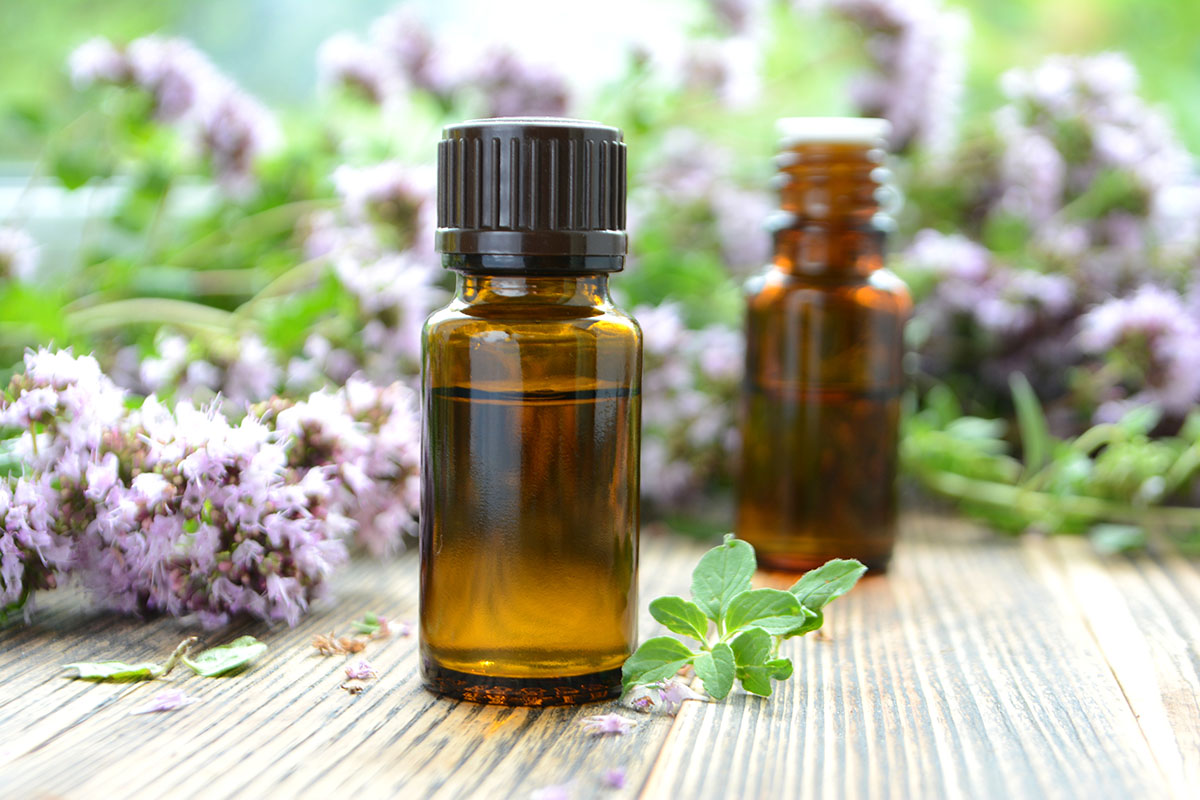
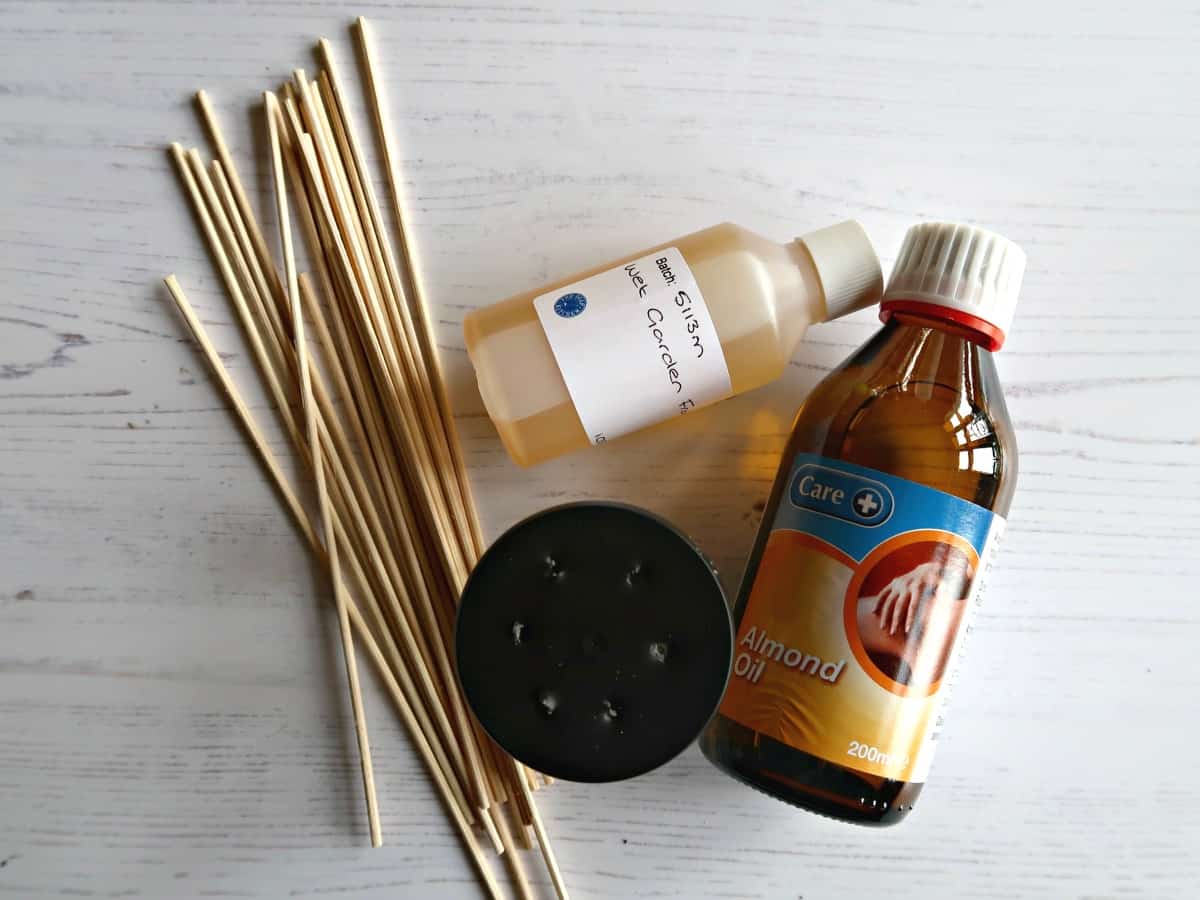
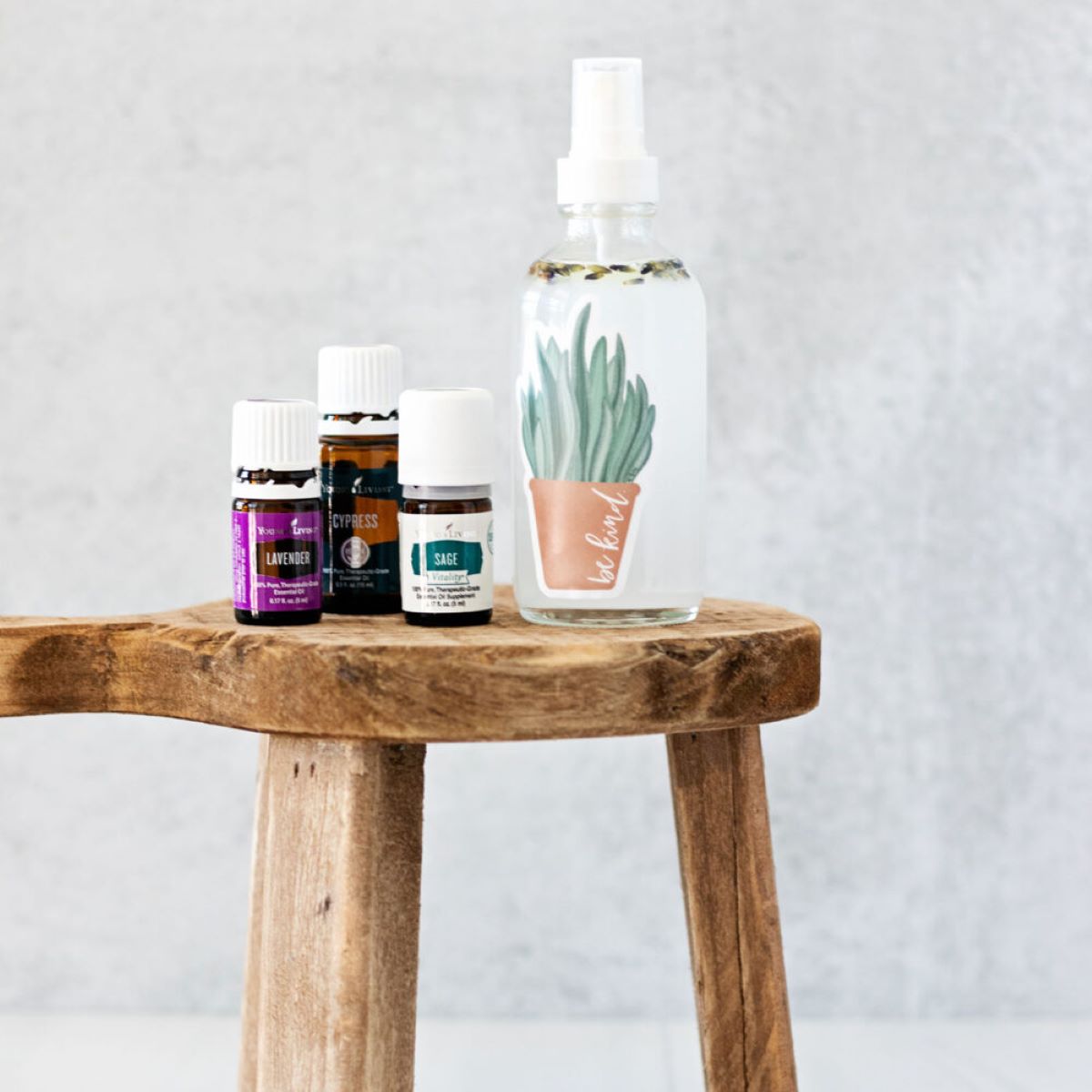
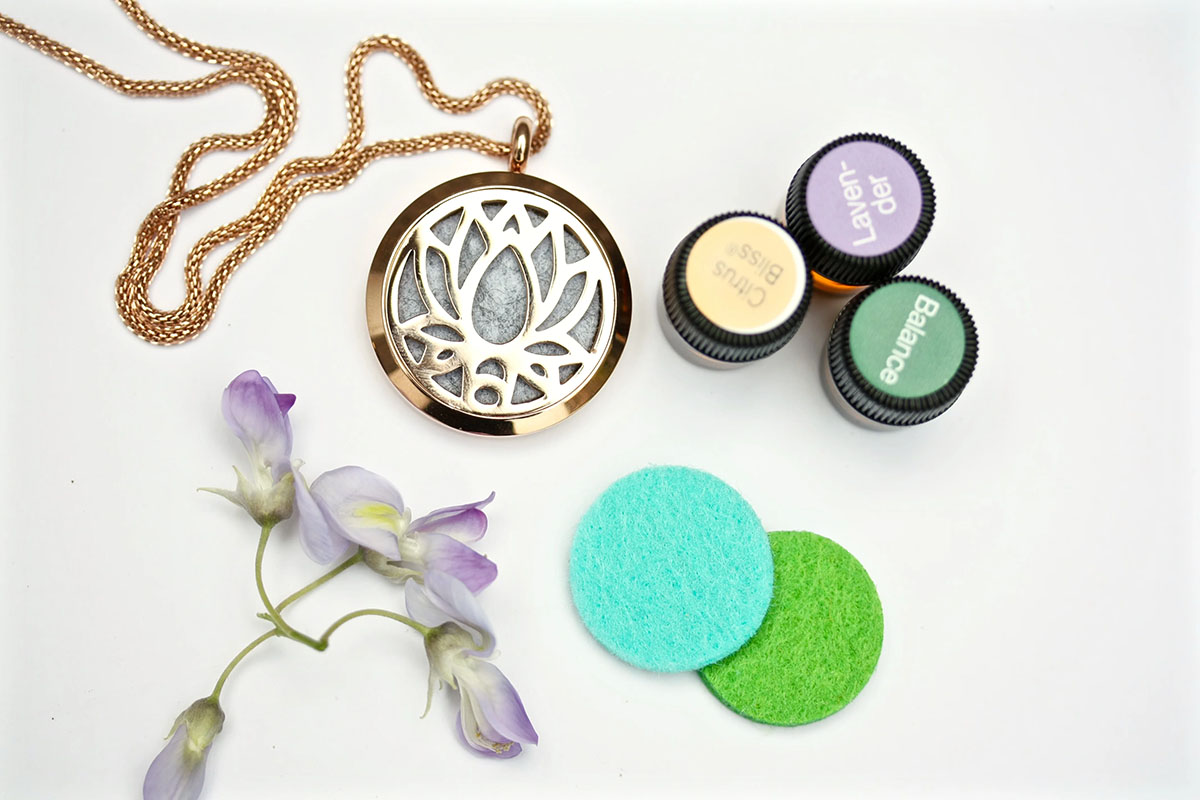
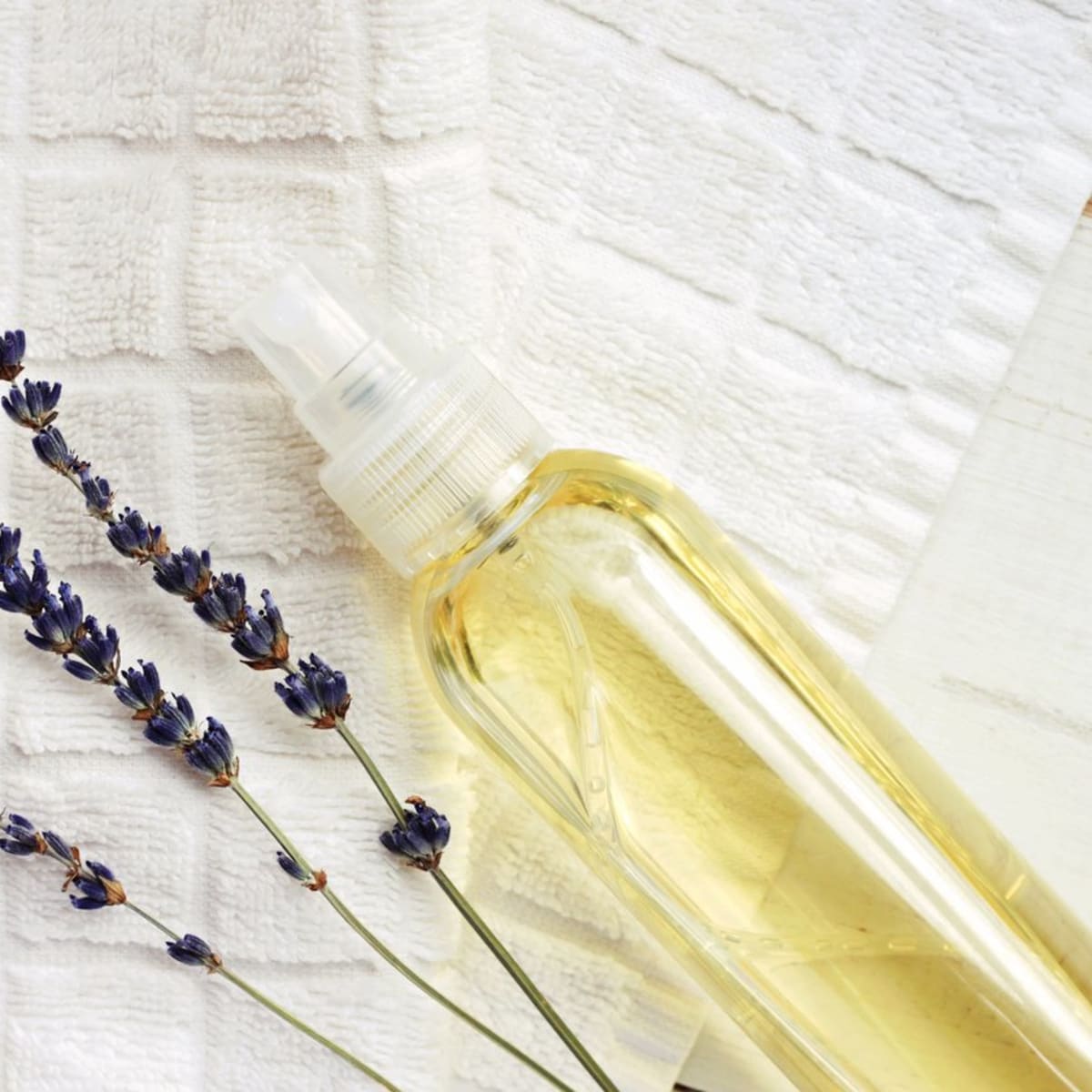
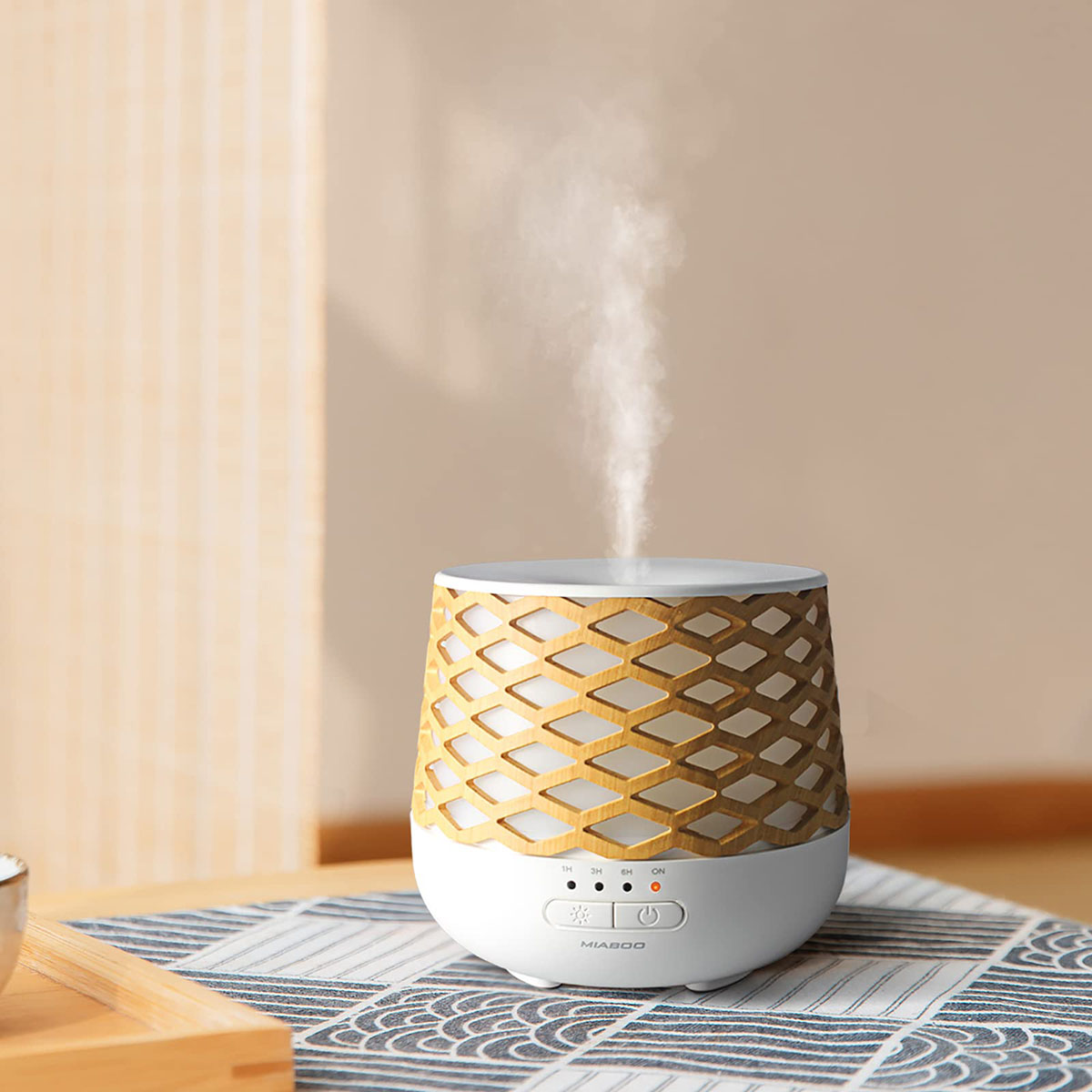
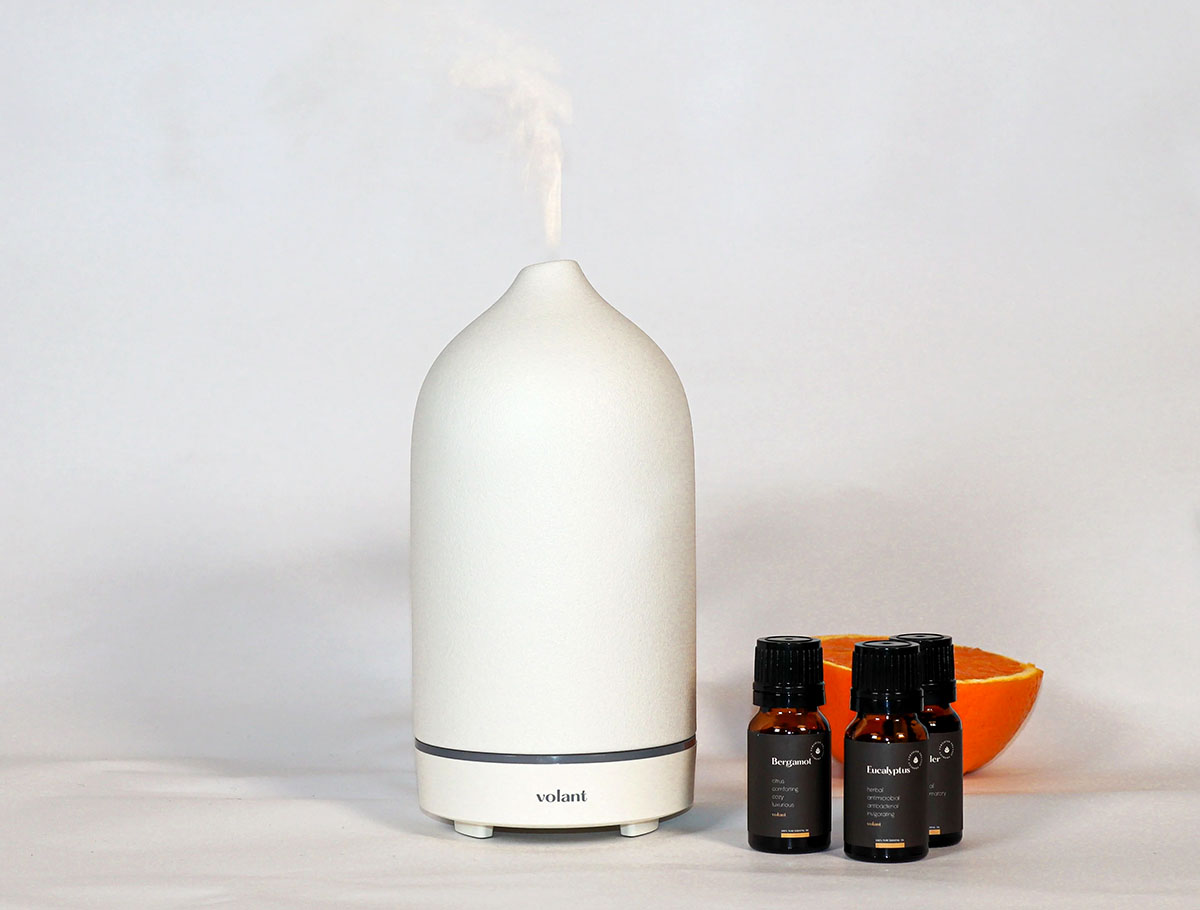
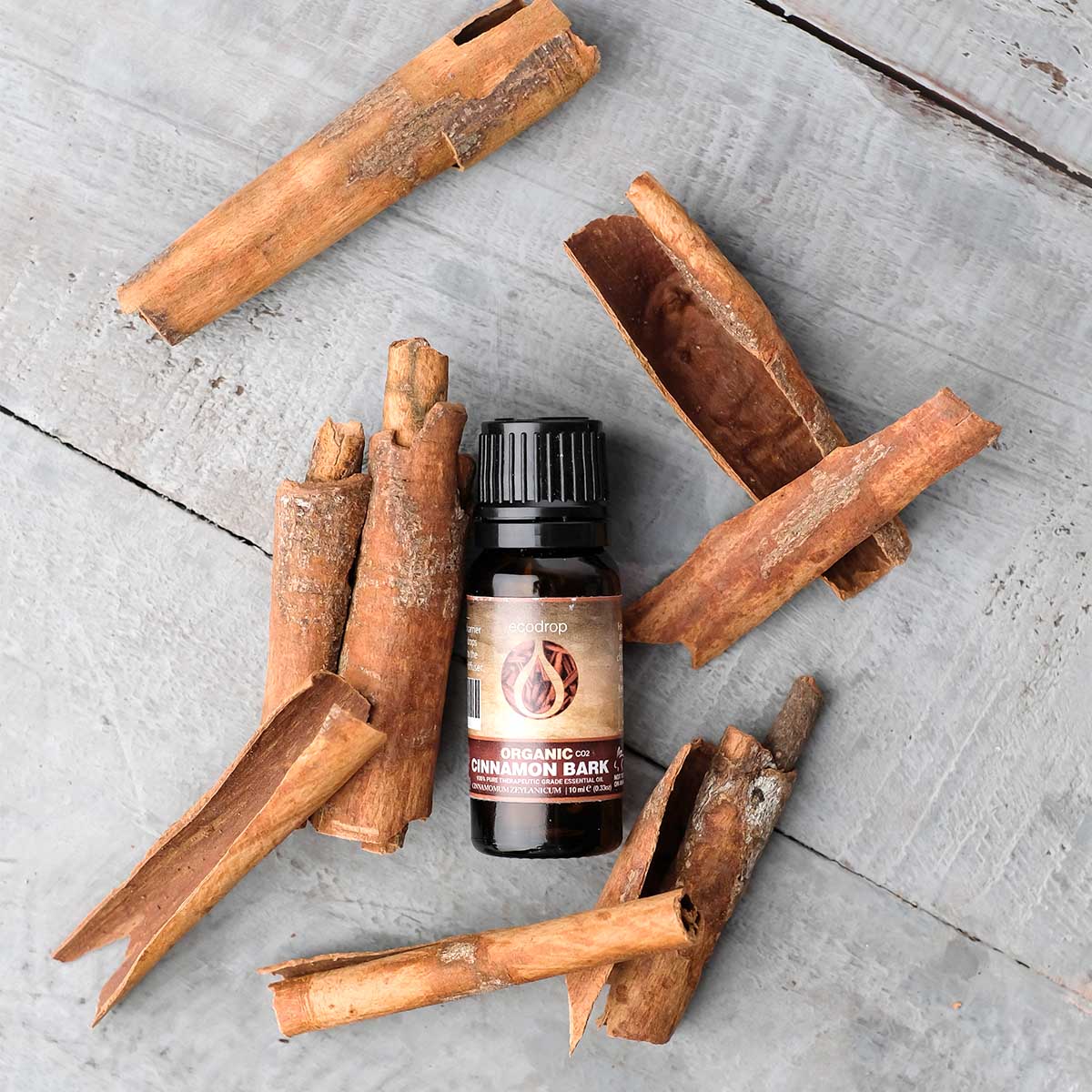
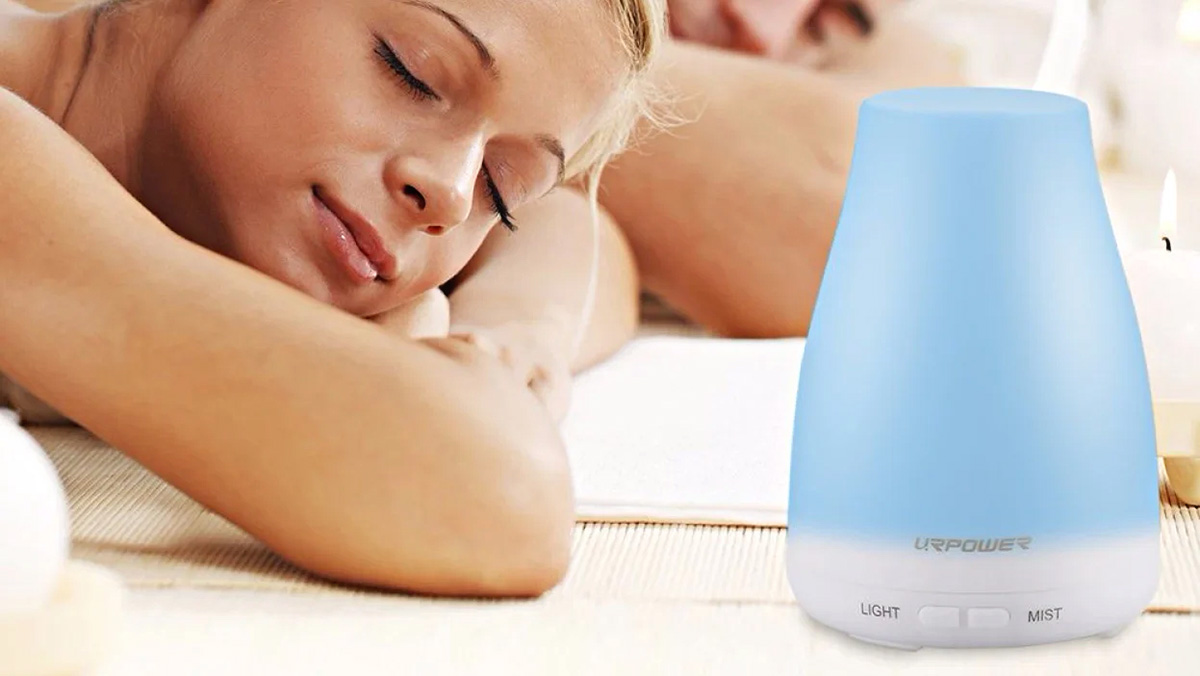
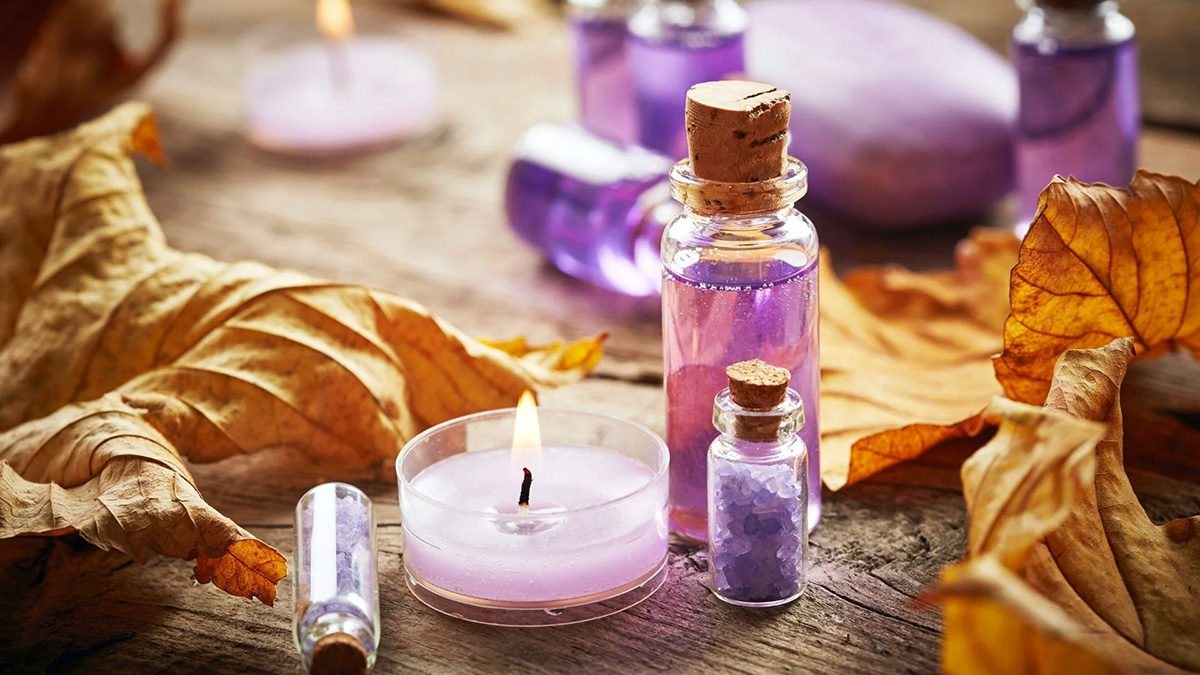
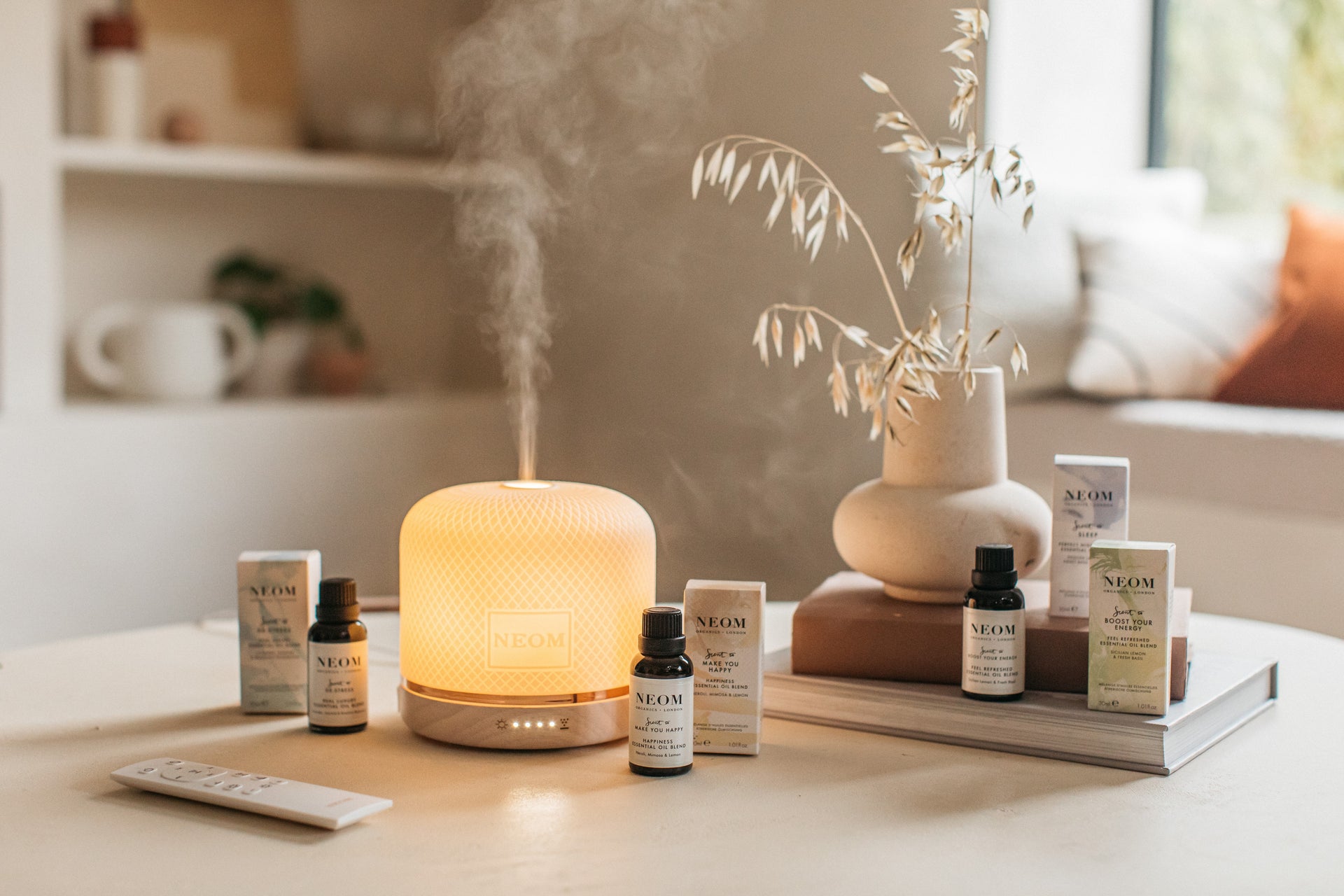
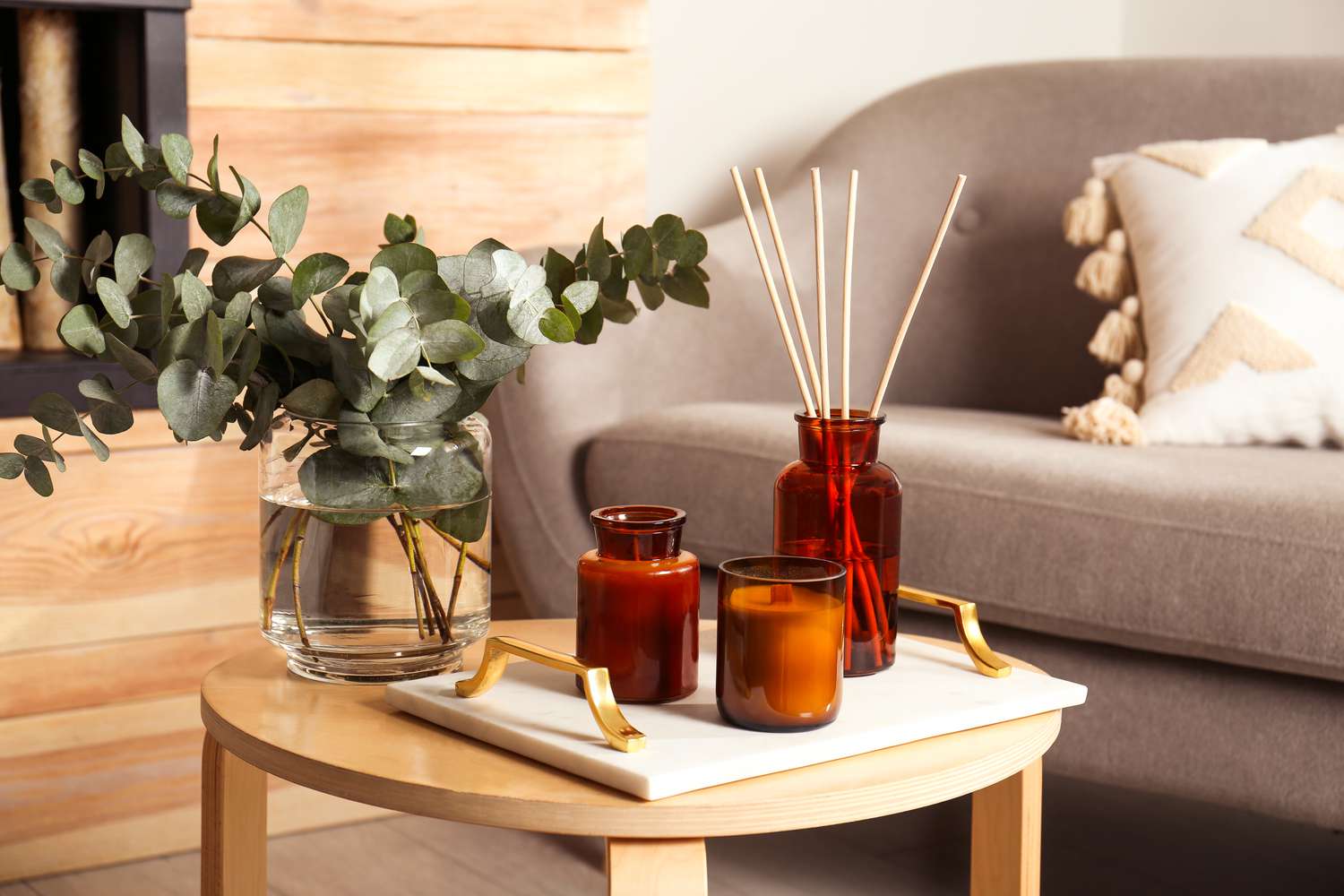
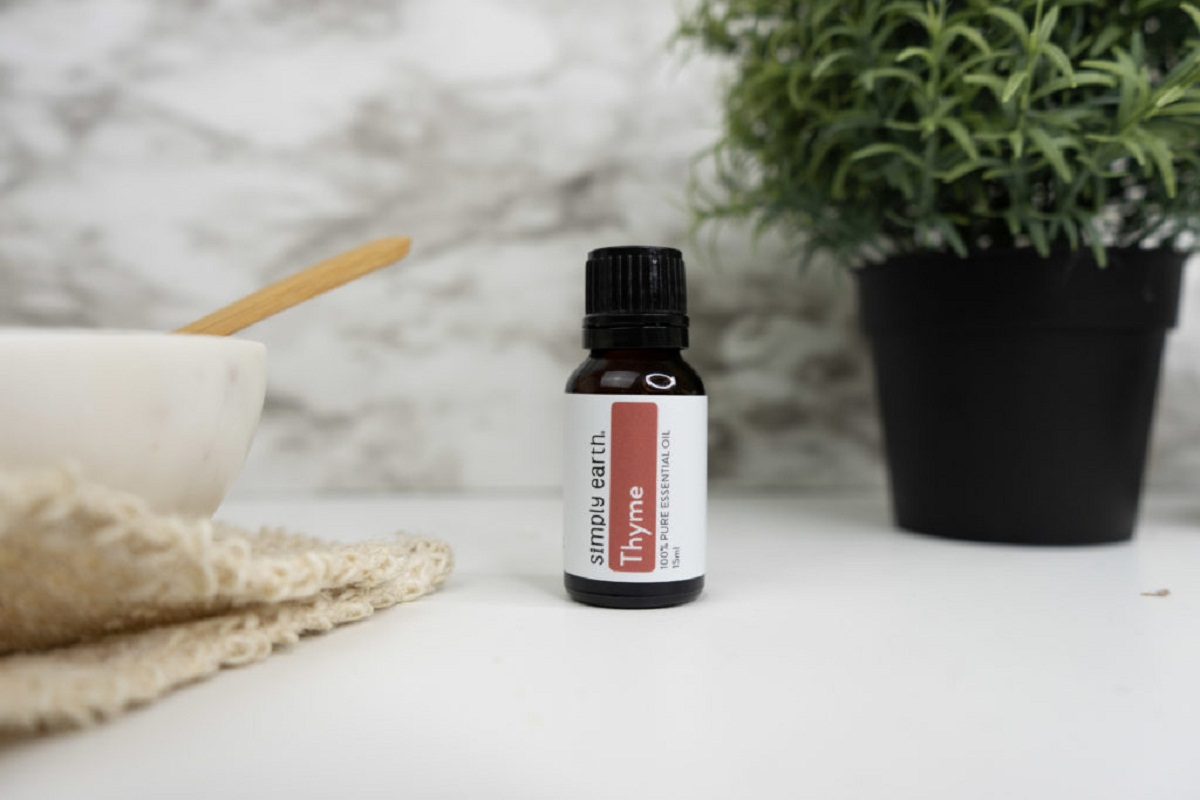
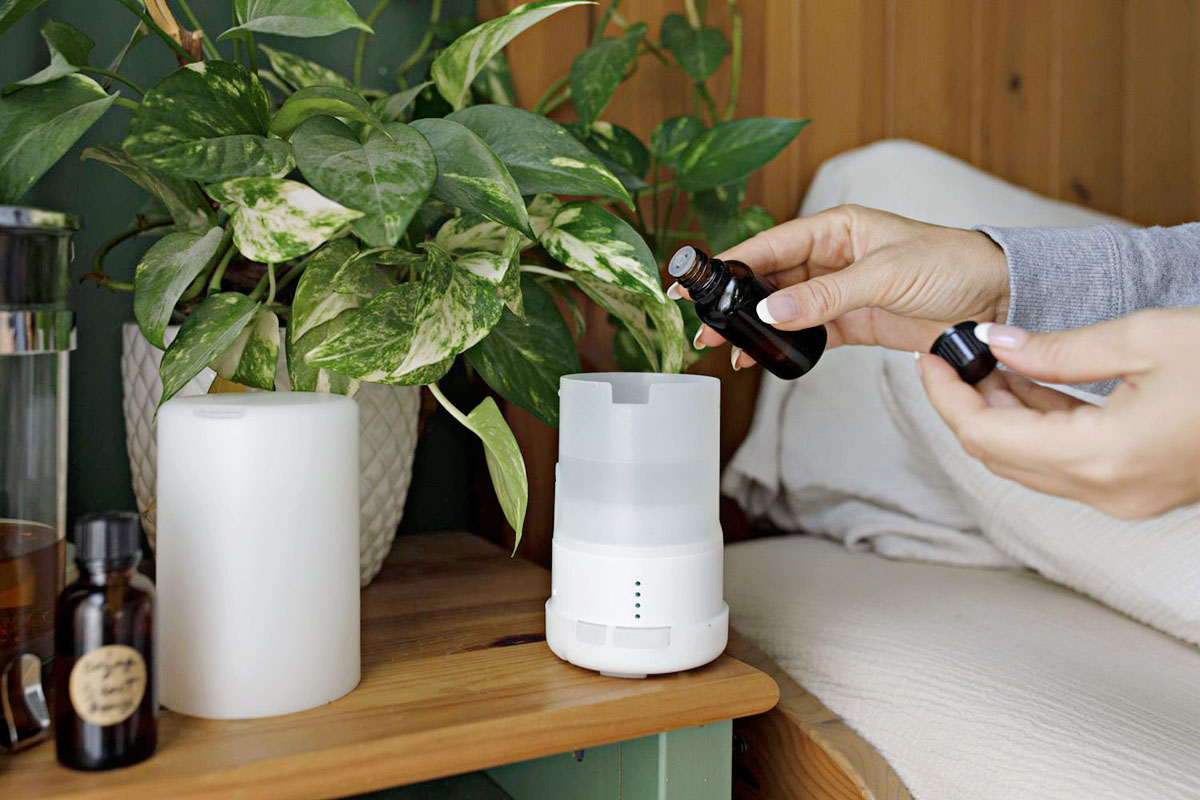

0 thoughts on “How To Store Essential Oils”